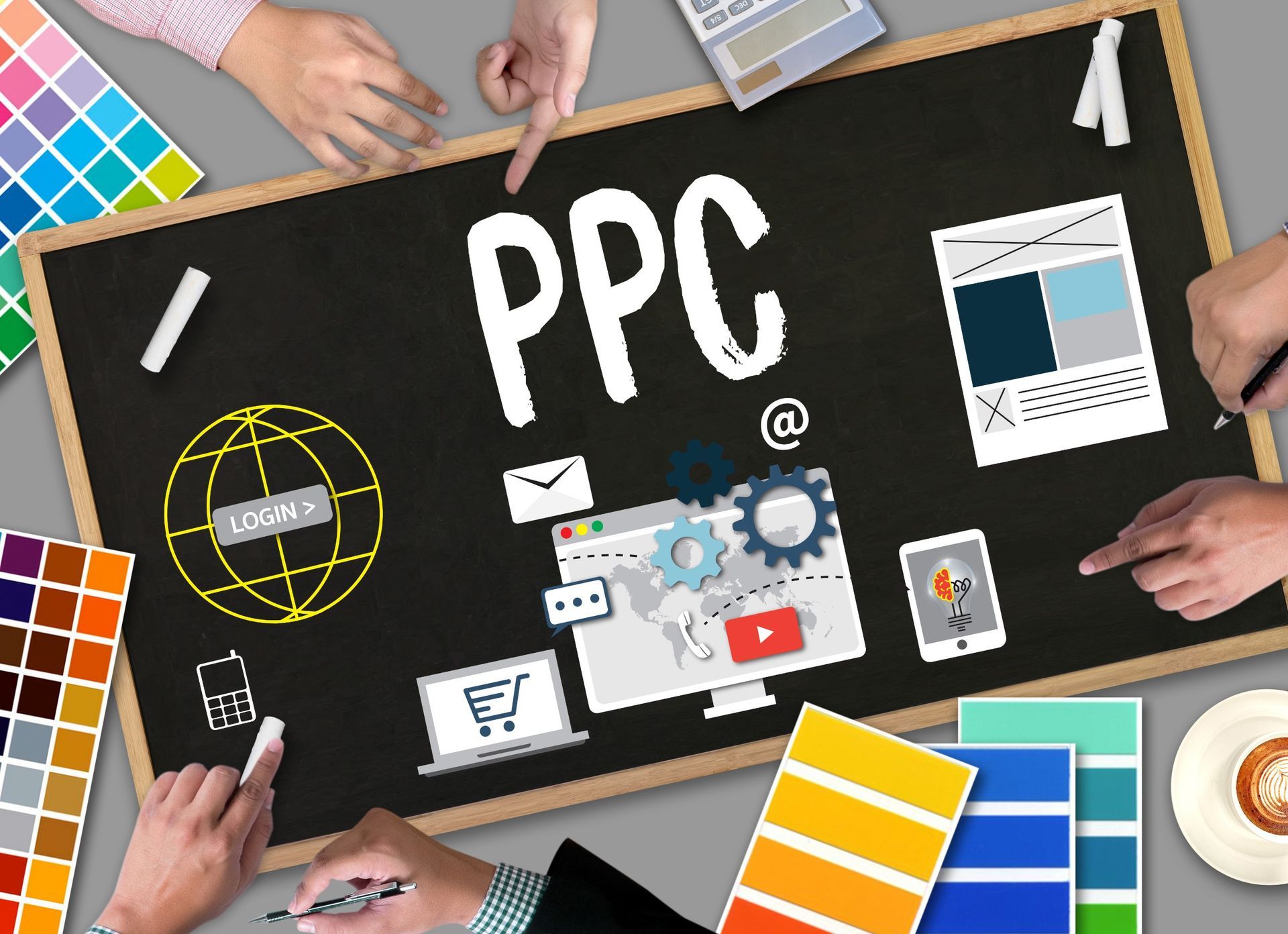MegaDash
10 Tips for Successful Small Business Content Marketing
Content marketing is a powerful tool for small businesses looking to increase their visibility, build brand loyalty, and drive sales. However, without a clear strategy and effective execution, content marketing efforts can quickly become unfocused and ineffective.
Whether you're just starting out or looking to refine your approach, these ten tips from the best content marketing agency in New York City will help you achieve small business content marketing success.
Tips for Successful Small Business Content Marketing
1. Define Your Audience
Understanding your target audience is the cornerstone of any successful content marketing strategy. Without a clear picture of who your customers are, it’s challenging to create content that resonates with them.
Start by creating detailed buyer personas that include demographic information, interests, pain points, and buying behaviors. This will help you tailor your messaging and ensure it speaks directly to your audience's needs and preferences.
Action Step: Use tools like Google Analytics, social media insights, and customer surveys to gather data and create comprehensive buyer personas.
2. Set Clear Goals
Before diving into content creation, it’s essential to establish what you hope to achieve with your content marketing efforts. Do you want to increase website traffic, generate leads, boost brand awareness, or foster customer loyalty?
Setting specific, measurable, achievable, relevant, and time-bound (SMART) goals will give your strategy direction and help you measure success.
Action Step: Write down your primary content marketing goals and define key performance indicators (KPIs) to track your progress.
3. Develop a Content Calendar
A content calendar is a vital tool for organizing and planning your content marketing efforts. It helps you maintain consistency, ensure a steady flow of content, and align your posts with important dates and events. When creating your calendar, consider the types of content you’ll produce, the channels you’ll use, and the frequency of your posts.
Action Step: Use tools like Trello, Asana, or Google Sheets to create a content calendar. Include details such as publish dates, content topics, keywords, and distribution channels.
4. Focus on Quality Over Quantity
While it’s important to maintain a consistent presence, the quality of your content is far more critical than the quantity. High-quality content that provides value to your audience will build trust, encourage engagement, and improve your SEO. Avoid churning out generic or repetitive posts; instead, focus on creating content that is informative, entertaining, and actionable.
Action Step: Invest time in researching your topics, writing compelling headlines, and ensuring your content is well-written and free of errors. Consider hiring a professional writer or editor if needed.
5. Optimize for Search Engines (SEO)
Search engine optimization (SEO) is crucial for increasing the visibility of your content and driving organic traffic to your website. Incorporate relevant keywords into your content, but avoid keyword stuffing.
Instead, focus on creating valuable and engaging content that naturally incorporates these keywords. Additionally, pay attention to on-page SEO elements such as meta titles, descriptions, headers, and image alt text.
Action Step: Use tools like Ahrefs, SEMrush, or Google Keyword Planner to identify high-value keywords relevant to your industry. Incorporate these keywords strategically throughout your content. You can also hire a local SEO expert in NYC to optimize your content.
6. Leverage Social Media
Social media platforms are excellent for distributing your content and reaching a broader audience.
Each platform has its own strengths and audience demographics, so tailor your content to fit each one. Engage with your followers by responding to comments, sharing user-generated content, and participating in relevant conversations.
Action Step: Identify which social media platforms your audience uses most and develop a strategy for each. Schedule your posts in advance using tools like Buffer, Hootsuite, or Sprout Social.
7. Repurpose Your Content
Creating fresh content regularly can be time-consuming and resource-intensive. One way to maximize your efforts is to repurpose existing content into different formats.
For example, a well-performing blog post can be transformed into a video, infographic, podcast, or social media post.
This not only extends the lifespan of your content but also allows you to reach different audience segments who may prefer varied types of content.
Action Step: Review your best-performing content and brainstorm ways to repurpose it into new formats. Use tools like Canva for infographics or Anchor for turning blog posts into podcasts.
8. Collaborate with Influencers
Partnering with influencers in your industry can significantly enhance your content marketing efforts. Influencers have established trust and credibility with their audiences, and their endorsement can broaden your reach and lend you authority.
Collaborations can involve guest blogging, social media takeovers, co-hosting webinars, or featuring influencers in your content.
Action Step: Identify influencers who align with your brand values and whose audience matches your target demographic. Reach out to propose collaboration opportunities that are mutually beneficial.
9. Encourage User-Generated Content
User-generated content (UGC) is a powerful tool for building community and trust around your brand. Encourage your customers to share their experiences with your products or services on social media.
Feature their testimonials, reviews, photos, and videos on your website and social channels. UGC not only provides authentic content but also fosters a sense of community and loyalty among your customers.
Action Step: Run social media campaigns that prompt your audience to share their experiences using a branded hashtag. Offer incentives such as giveaways or discounts to encourage participation.
10. Measure and Adjust
To ensure your content marketing strategy remains effective, it’s essential to regularly measure your results and make adjustments as needed. Use analytics tools to track your performance against your goals and KPIs.
Pay attention to metrics such as page views, engagement rates, conversion rates, and social shares. Use this data to identify what’s working, what’s not, and how you can improve.
Action Step: Set up Google Analytics and other relevant analytics tools to monitor your content performance. Schedule regular reviews (e.g., monthly or quarterly) to assess your strategy and make data-driven adjustments.
Conclusion
Successful content marketing requires a strategic approach, consistent effort, and a willingness to adapt based on performance insights.
By defining your audience, setting clear goals, developing a content calendar, focusing on quality, optimizing for SEO, leveraging social media, and regularly measuring your results, you can create a content marketing strategy that drives success for your small business.
Start implementing these tips today, and watch your content marketing efforts pay off.
Ready to Elevate Your Content Strategy?
Mega Dash, the leading digital marketing agency in NYC, is here to help you harness the power of content marketing. Our team of experts delivers personalized strategies that align with your unique business objectives.
Whether you need an SEO consultant in NYC, PPC marketing, content creation, or social media management, we're here to help you excel! Contact us today to get started on your journey to success.










